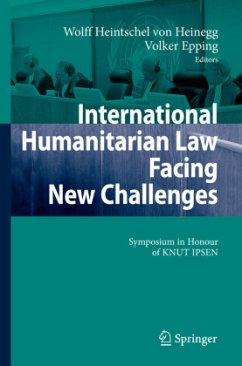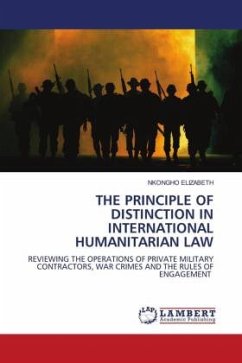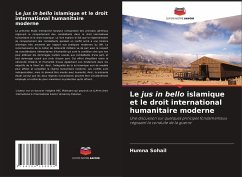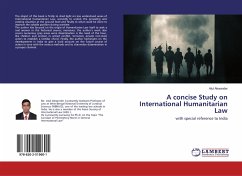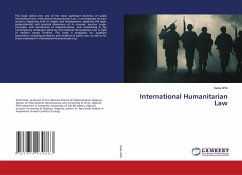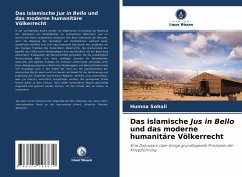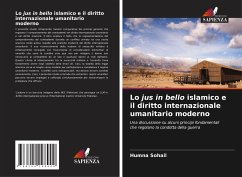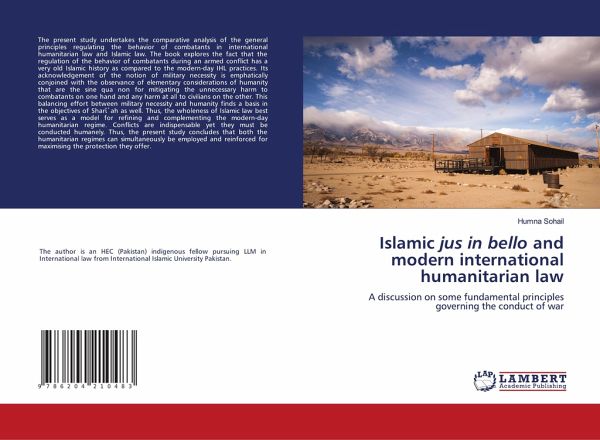
Islamic jus in bello and modern international humanitarian law
A discussion on some fundamental principles governing the conduct of war
Versandkostenfrei!
Versandfertig in 6-10 Tagen
27,99 €
inkl. MwSt.

PAYBACK Punkte
14 °P sammeln!
The present study undertakes the comparative analysis of the general principles regulating the behavior of combatants in international humanitarian law and Islamic law. The book explores the fact that the regulation of the behavior of combatants during an armed conflict has a very old Islamic history as compared to the modern-day IHL practices. Its acknowledgement of the notion of military necessity is emphatically conjoined with the observance of elementary considerations of humanity that are the sine qua non for mitigating the unnecessary harm to combatants on one hand and any harm at all to...
The present study undertakes the comparative analysis of the general principles regulating the behavior of combatants in international humanitarian law and Islamic law. The book explores the fact that the regulation of the behavior of combatants during an armed conflict has a very old Islamic history as compared to the modern-day IHL practices. Its acknowledgement of the notion of military necessity is emphatically conjoined with the observance of elementary considerations of humanity that are the sine qua non for mitigating the unnecessary harm to combatants on one hand and any harm at all to civilians on the other. This balancing effort between military necessity and humanity finds a basis in the objectives of Shar ah as well. Thus, the wholeness of Islamic law best serves as a model for refining and complementing the modern-day humanitarian regime. Conflicts are indispensable yet they must be conducted humanely. Thus, the present study concludes that both the humanitarian regimes can simultaneously be employed and reinforced for maximising the protection they offer.



